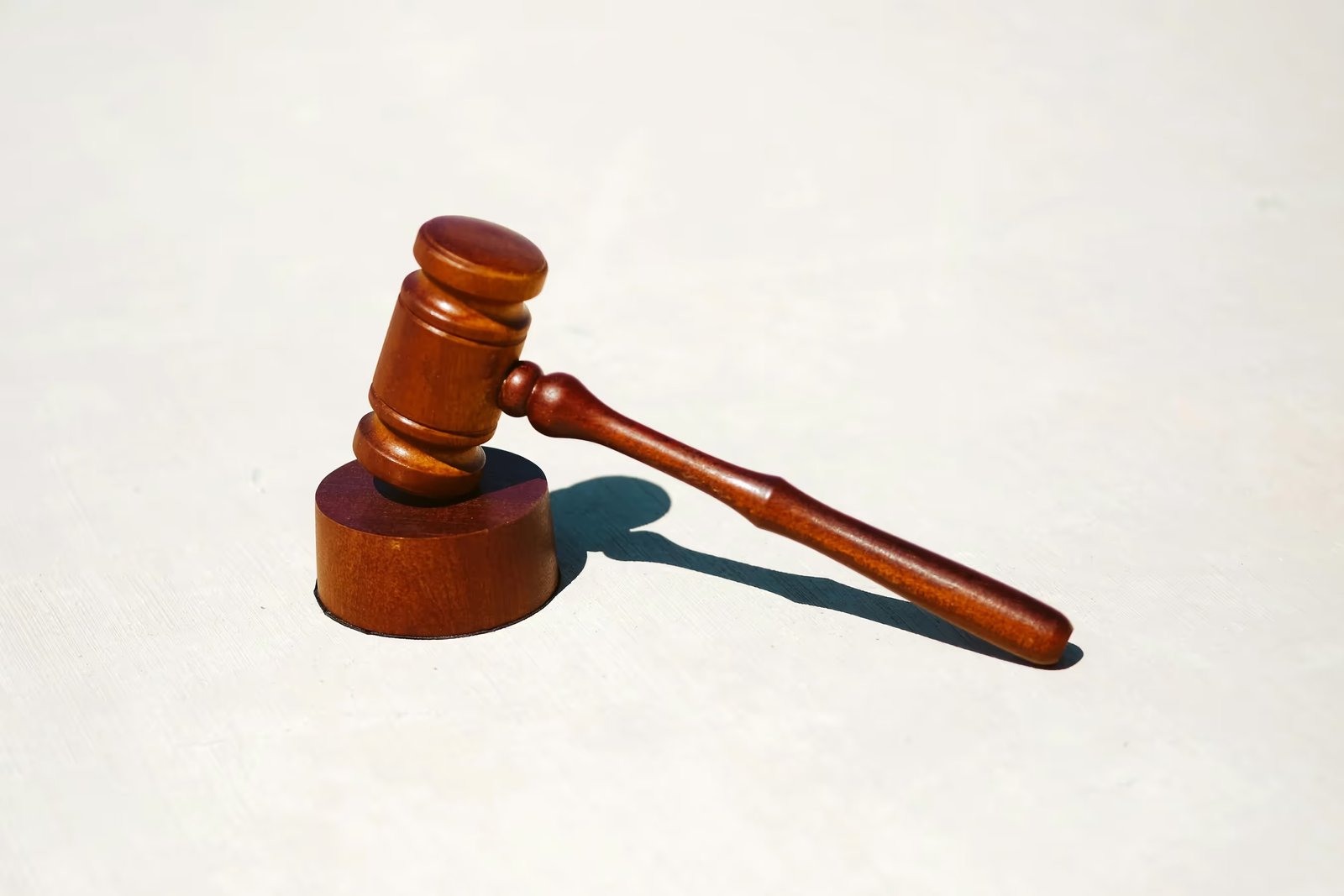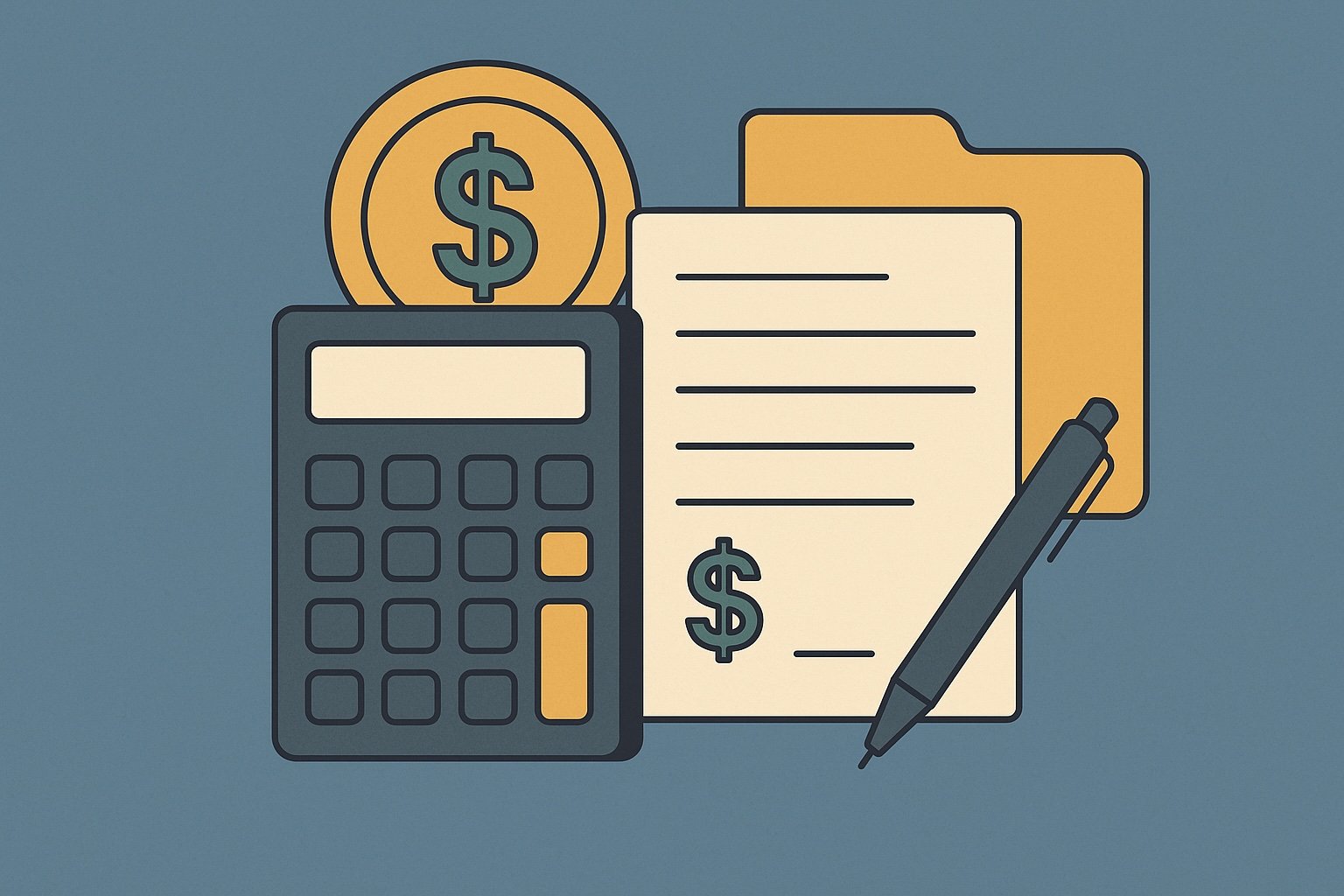Question
ARTE's Answer
When engaging in a 1031 exchange, timing is crucial to ensure compliance with IRS regulations and to successfully defer capital gains taxes. The process involves two critical timeframes: the identification period and the exchange period.
- Identification Period: You have 45 days from the date you transfer your relinquished property to identify potential replacement properties. This is known as the identification period. During this time, you must provide a written identification of the replacement property or properties to your qualified intermediary, which in this case, would be us at Deferred.com. The identification must be unambiguous and clearly describe the property, such as by providing a legal description or street address.
- Exchange Period: After identifying the replacement property, you have 180 days from the date you transfer the relinquished property to complete the acquisition of the replacement property. This is referred to as the exchange period. The replacement property must be received by the earlier of 180 days after the transfer of the relinquished property or the due date (including extensions) of your tax return for the year in which the relinquished property was transferred.
To illustrate, let's consider an example where you, as an investor, decide to sell a rental property and use Deferred.com as your qualified intermediary for a 1031 exchange. Suppose you sell your relinquished property on January 1st. You would then have until February 15th (45 days) to identify potential replacement properties. By June 30th (180 days), you must complete the purchase of one or more of the identified replacement properties to successfully defer your capital gains taxes.
At Deferred.com, we facilitate this process by holding the proceeds from the sale of your relinquished property and ensuring that you do not have constructive receipt of the funds, which is crucial for maintaining the tax-deferred status of the exchange. Our "No Fee Exchange" service is designed to save you money while providing the expertise needed to navigate the complexities of a 1031 exchange.
By adhering to these timelines and utilizing our services, you can effectively defer capital gains taxes and reinvest in like-kind properties, thereby maximizing your investment potential.
Have more questions? Call us at 866-442-1031 or send an email to support@deferred.com to talk with an exchange officer at Deferred.
Sources
- Goolsby v. Commissioner
- Orville Christensen v. Commissioner TC Memo 1996-254
- What To Do About Exchange Expenses in a Section 1031 Exchange? (Article)
- TAM 200039005 (Failed Reverse Exchanges)
- Rev. Rul. 2002-83 (Related Party Exchanges)
- TD 8535 (Like-Kind Exchanges of Real Property-Coordination with Section 453)
1031 Question? Ask ARTE
Deferred's AI 1031 Research Assistant is trained on 8,000+ pages of US tax law and outperforms human CPAs by 22%+
CHAT NOW
Learn More
See more frequently asked questions about 1031 exchanges








